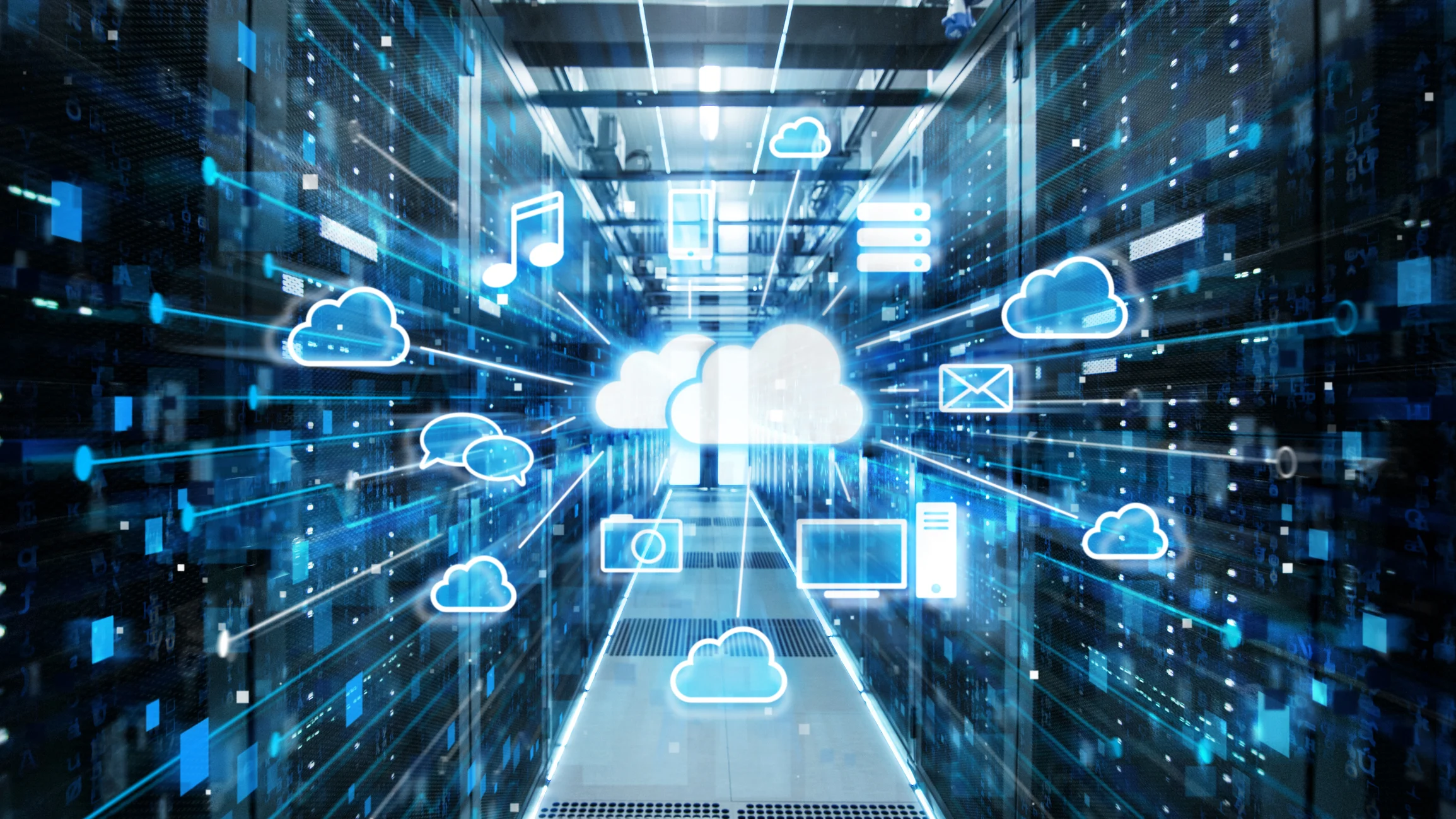In today’s fast-paced world, technology is an integral part of our lives. From smartphones to cloud storage, technological advances surround us. Among these innovations, Information Communication Technology (ICT) stands out as a game-changer, connecting people, businesses, and governments globally. But what exactly does ICT mean? Let’s break it down.
ICT encompasses all the tools and systems used to handle, share, and process information. It’s a broad term that includes technologies like the internet, computers, and mobile devices, as well as the networks that connect them.
The Components of ICT
- Hardware: This includes physical devices like computers, smartphones, routers, and servers that power ICT systems. Think of these as the body of ICT.
- Software: Programs and applications are the brains of ICT, enabling devices to perform specific tasks, such as word processing, graphic design, or data analysis.
- Communication Systems: These are the nerves of ICT, allowing devices to share information through wired and wireless networks.
The Evolution of ICT
ICT has come a long way. What started with basic telegraph systems has evolved into a digital universe of instant messaging, cloud storage, and artificial intelligence. Key milestones include the invention of the telephone, the development of the internet, and the proliferation of mobile devices.
Applications of ICT in Daily Life
ICT in Education
The classroom is no longer confined to four walls. With platforms like Google Classroom and Zoom, students can learn from anywhere. Tools like interactive whiteboards and e-books have made education more engaging and accessible.
ICT in Business
ICT has revolutionized the way businesses operate. E-commerce platforms like Amazon and Shopify have transformed retail, while tools like Slack and Microsoft Teams streamline communication within teams.
ICT in Healthcare
Imagine consulting a doctor without stepping into a hospital. Telemedicine makes this possible. ICT also plays a role in managing patient records, scheduling appointments, and even diagnosing diseases through AI.
ICT in Entertainment
From Netflix to YouTube, ICT has reshaped entertainment. Social media platforms allow creators to share content globally, while streaming services offer endless options at our fingertips.
Enhanced Communication
ICT enables instant communication across the globe. Whether it’s a video call with a friend overseas or a business meeting with international clients, distance is no longer a barrier.
Access to Information
With ICT, knowledge is just a click away. Online libraries, news portals, and search engines ensure that anyone can access the information they need, anytime, anywhere.
Increased Productivity
Automation tools and data analytics powered by ICT help organizations work smarter, not harder. Tasks that once took hours can now be completed in minutes.
Challenges and Limitations
Not everyone has equal access to ICT. This gap, known as the
digital divide, affects education, job opportunities, and overall quality of life for those without access.
Cybersecurity Concerns
As ICT grows, so do the risks. Hackers, phishing scams, and data breaches are constant threats, making cybersecurity a top priority.
Emerging Trends in ICT
Artificial intelligence, the Internet of Things (IoT), and blockchain are just some of the technologies shaping the future of ICT. These innovations promise smarter cities, more efficient businesses, and better healthcare systems.
How ICT Will Shape Tomorrow’s World
The possibilities are endless. ICT is set to create a more connected, informed, and innovative world. From self-driving cars to personalized medicine, the future looks bright.
Conclusion
ICT is more than just technology—it’s the backbone of modern society. It connects people, drives innovation, and makes life more convenient. While challenges like the digital divide and cybersecurity remain, the future of ICT is undoubtedly exciting.
